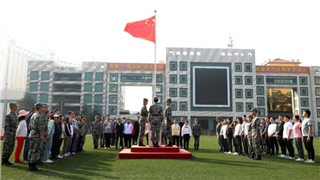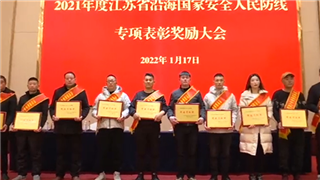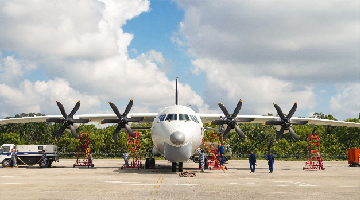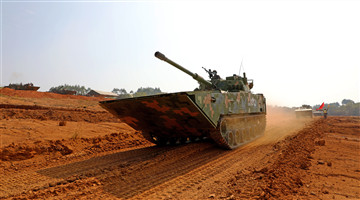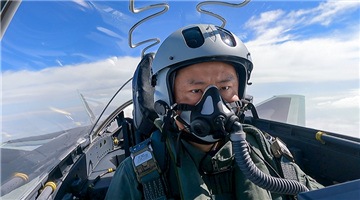By Zhang Jiwei
European Commission President Ursula von der Leyen recently said the EU should have a real defense alliance to cope with new threats in the future and must speed up its common defense construction.
Over the years EU members have been relying on the US-led NATO for defense protection, but there has been a rising call for the EU’s strategic independence as the US-EU relations strain.
The EU’s efforts for building its own defense cooperation regime have yielded satisfactory results in recent years. It has launched the European Defense Fund (EDF) to economically coordinate and sponsor the military technology R&D of its members; it has formed the Coordinated Annual Review on Defence (CARD) to coordinate the member states’ annual defense plans and avoid wastes resulting from repetition. The Permanent Structured Cooperation (PeSCo) that aims at regular defense cooperation among EU members is another important means to the union’s defense development.
However, what with America’s obstruction and what with EU’s own limited defense budget, plus the marked divergence among the members, its strategic independence in the defense domain won’t be realized overnight.
For one thing, the US is a barrier on the EU’s way to defense independence that’s hard to surmount. Rejecting a Europe that excludes America from its security affairs, Washington has frequently underscored how important NATO is in guaranteeing Europe’s security. After Biden took office, he has emphasized cooperation with allies multiple times with a view to mending the US-EU relations damaged by Trump’s “America first” policy. Washington has also strengthened consultation with the European Defence Agency for a new cooperation agreement in order to expand America’s and NATO’s influence over European affairs.
For another, a limited defense budget has tied the EU’s hands in pursuing strategic independence. The COVID-19 pandemic has disrupted its strategic plan by squeezing the defense budget and exposed more than 40 PeSCo defense projects to a capital shortfall, lending a heavy blow to the EU’s endeavors for defense independence.
Moreover, the EU members don’t see eyes to eyes on defense independence given their different development history and geographical location, making it hard to reach a unified strategic perception. Old members represented by France insist on defense independence while new members represented by East European countries tend to continue depending on NATO. How the divergence will affect Europe’s defense integration is to be watched.


